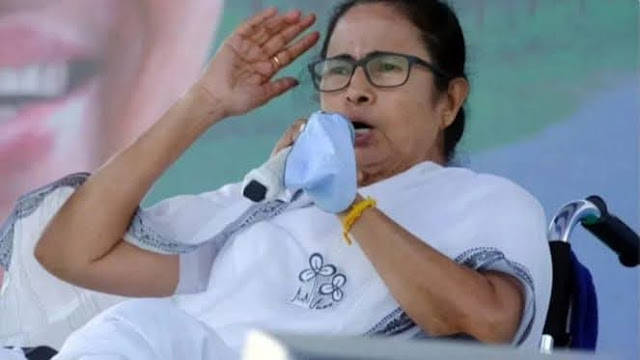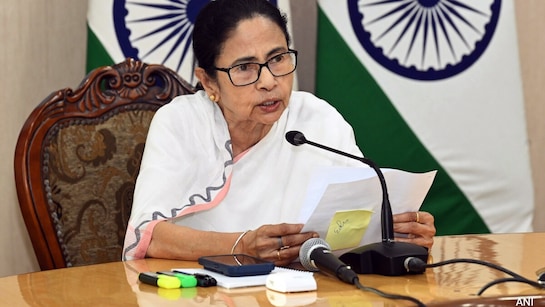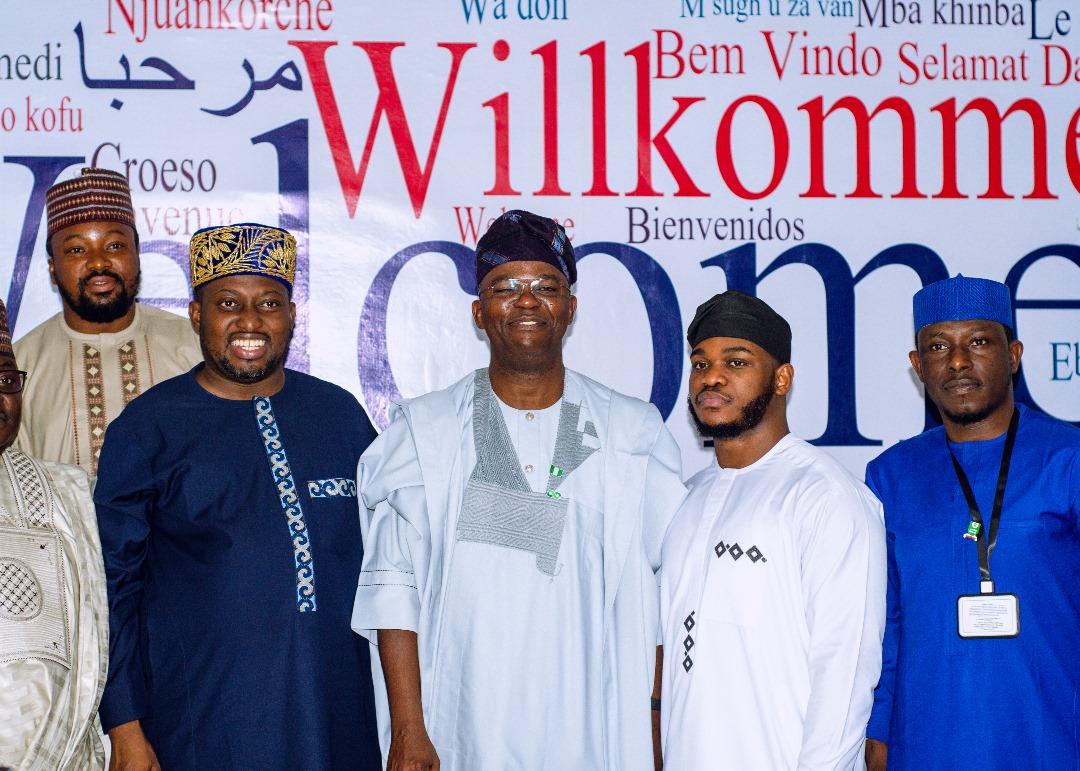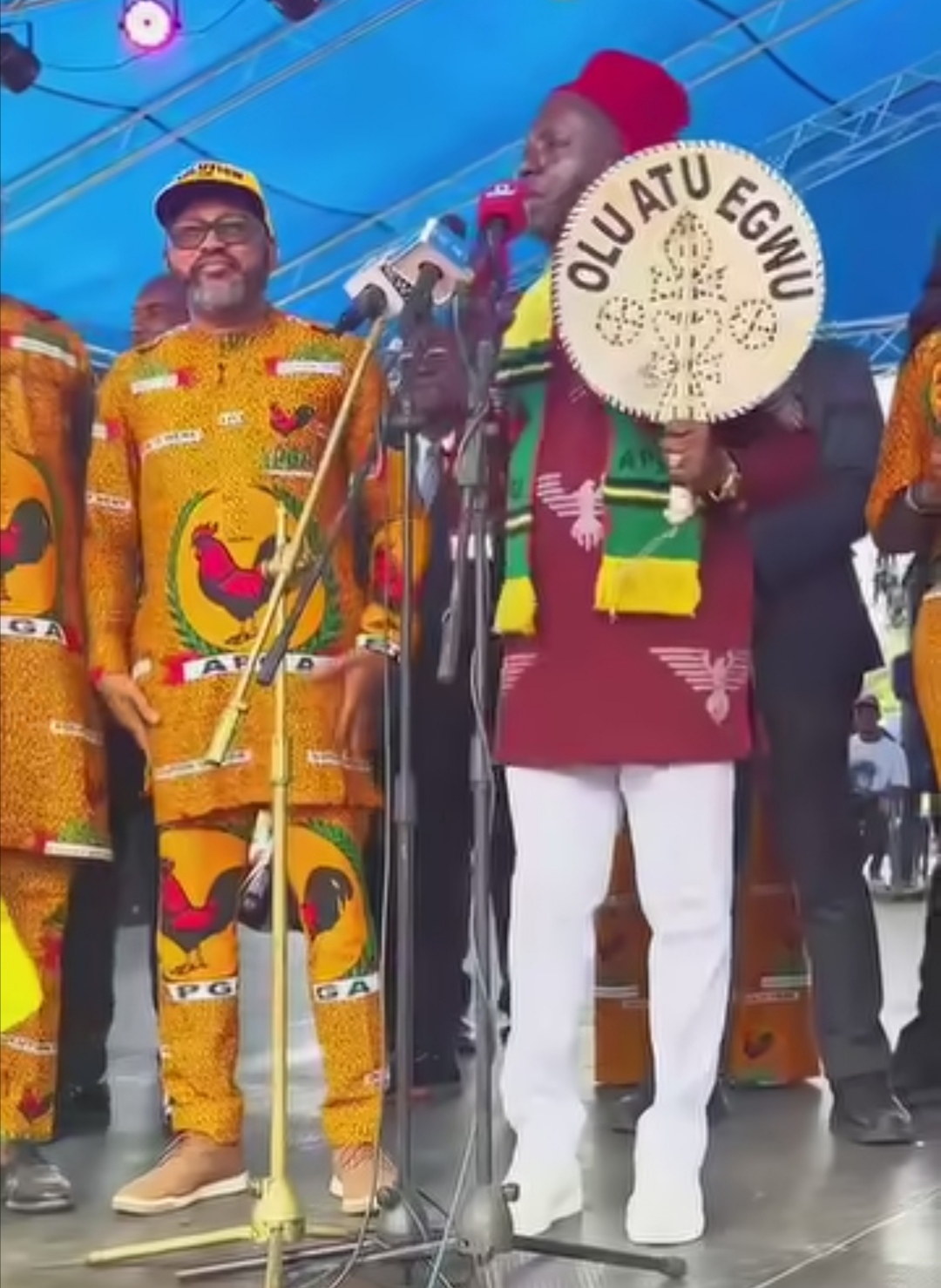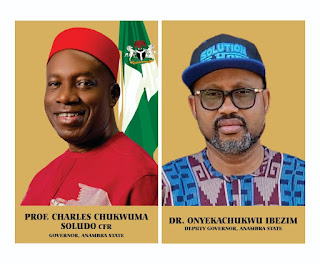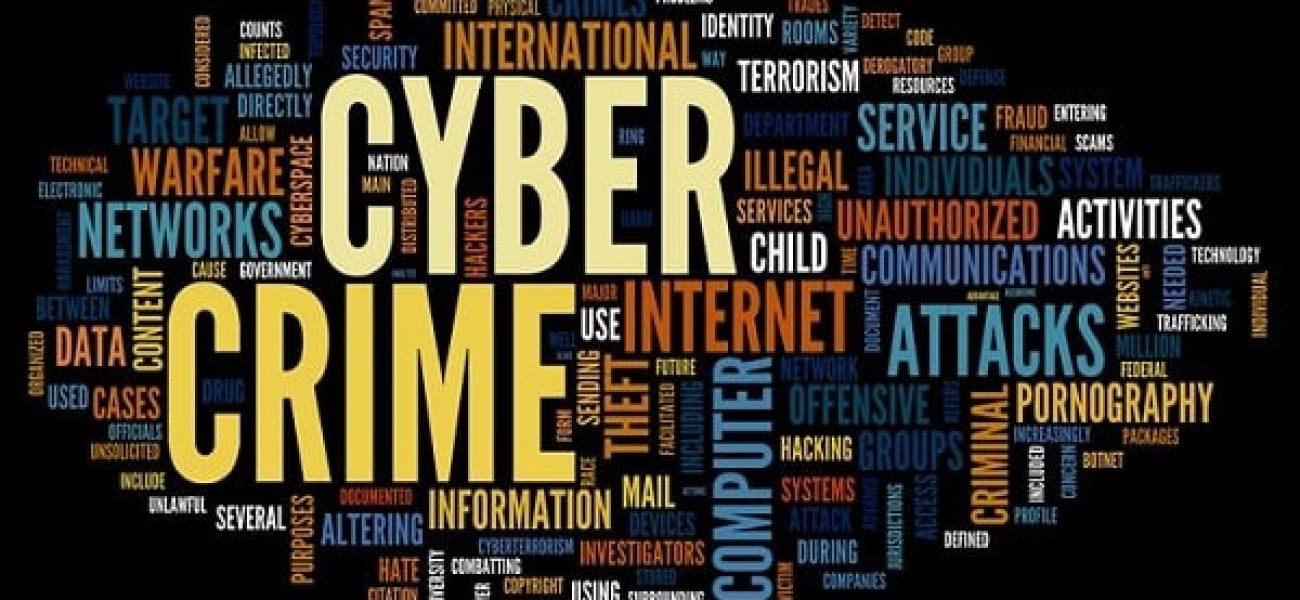Banerjee took strong exception to the letter issued by the Raj Bhavan of Uttar Pradesh, which announced that June 20 would be officially observed as Bangla Day not just in that state, but across several others. The announcement has triggered a fresh political storm in West Bengal, where the state government had earlier passed legislation to designate Poila Boishakh (1st Baishakh)—the Bengali New Year—as Bangla Pratishtha Divas (Bengal Foundation Day).
“Why should another state decide our foundation day? Why should Uttar Pradesh or the BJP dictate Bengal’s cultural and historical observances?” Banerjee asked in a press conference, accusing the Centre of undermining state rights and cultural autonomy. “Our state has a specific day, recognised by law. That is Poila Baishakh. Why are they trying to impose June 20 instead? Will they also decide when we celebrate Rabindra Jayanti, Nazrul Jayanti, or what we wear and eat?” she asked sharply.
The choice of Uttar Pradesh—a politically significant state governed by the BJP—as the centrepiece for this observance has added to Banerjee’s fury. She viewed it as a calculated move by the Centre to push a homogenised political narrative, using a non-Bengali state to redefine Bengal’s identity.
“Celebrating Bangla Day from Uttar Pradesh is a direct insult to the people of Bengal. This is not unity—it is a forced narrative, a distortion,” she said. “Poila Boishakh is rooted in our history, our language, and our people. What authority does the Raj Bhavan in UP have to rename our day?”
Simultaneously, Banerjee lambasted the Centre’s plans to observe June 25 as Samvidhan Hatya Diwas, calling it a “mockery of democracy.” She accused the BJP of hypocrisy, claiming it was the very party undermining the Constitution while pretending to honour it. “Those who don’t respect the Constitution are now talking about upholding it. It’s a mockery,” she stated, referring to the Centre’s alleged attacks on federalism and civil liberties.
Taking aim at Prime Minister Narendra Modi and Union Home Minister Amit Shah, Banerjee said, “Who is actually running the country? Modi is always travelling and Shah handles everything else. He might as well declare Shah the Prime Minister.” She also questioned the BJP’s democratic credentials, citing its role in the collapse of elected governments in Maharashtra and Bihar as clear violations of constitutional values.
The chief minister further criticised the Centre’s handling of internal dissent, alleged manipulation of institutions, and refusal to respond to the Trinamool Congress’s questions on the recent Pahalgam attack. “When anything happens in Bengal, 155 teams are sent. But what happens during Gujarat riots or when a BJP MP insults women after a terror attack? No answers,” she said.
Banerjee also reignited criticism of the 2016 demonetisation, claiming that over 140 people died and branding November 8 as “Economy Destruction Day.”
With Uttar Pradesh’s Raj Bhavan now positioned as a national stage for redefining Bengal’s cultural markers, Banerjee’s statements reflect a fierce resistance to what she calls the Centre’s repeated attempts to “erase regional identity under the garb of national unity.”
Her remarks have once again highlighted the growing friction between the West Bengal government and the BJP-led Centre, particularly over cultural autonomy, federalism, and political control. As preparations for the 2026 Assembly elections gather momentum, these tensions are likely to fuel further confrontations.


